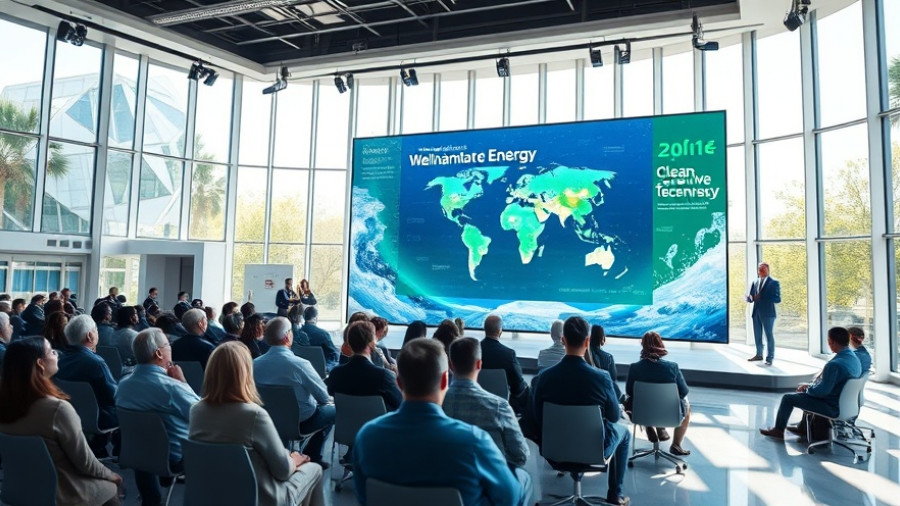
A New Vision for Climate Strategy
Bill Gates has recently stirred discussions on climate strategies, suggesting a significant shift from traditional methods focused solely on immediate emissions reductions. Instead, he advocates for a holistic approach that targets poverty and disease as primary issues in combating climate change. His perspective—which places improving human life in impoverished regions ahead of strict emissions goals—reflects a growing discourse on how best to approach global crises that are interconnected.
Understanding the Strategic Pivot
Gates believes that the current climate narrative often distracts from immediate human needs. In a world where many still suffer from preventable diseases, he argues that the fight against climate change should not come at the cost of addressing pressing health and poverty issues. "If I have to let the temperature rise by 0.1 degrees to eradicate malaria, I would do it," Gates declared, emphasizing that millions are still directly affected by these avoidable ailments in developing regions.
Innovation: A Key To Reversing Climate Effects
While climate change poses severe threats, particularly to vulnerable populations, Gates remains optimistic about scientific advancement. With his Breakthrough Energy initiative, he champions investment in clean technology as a viable solution that could, in the long term, reduce emissions while improving quality of life. This belief reflects a perspective shared by some modern environmentalists who tout the potential of innovations in green energy.
Resource Allocation: A Balancing Act
The question Gates raises—whether limited resources are being allocated effectively—brings to light the challenging balance between combating climate change and improving quality of life. Critics argue that his suggestions risk downplaying the urgency of climate action. Renowned climate scientists caution that every fraction of a degree of warming has serious repercussions, including exacerbated weather events and biodiversity loss. This tension between immediate needs and long-term survival poses a dilemma for policymakers.
Finding Common Ground
Despite Gates' controversial views, there is an opportunity to create a common ground between poverty alleviation and climate change initiatives. According to many experts, sustainable development and proactive climate action can indeed coexist. Addressing poverty could empower communities to become better equipped to handle environmental changes, ultimately forming a more resilient global society.
Involving Local Perspectives in Global Discussions
For residents in Kansas City, the implications of Gates' memo are multi-tiered. As local communities navigate health and wellness issues, they must also consider how broader climate policies will affect their lives and businesses. Initiatives that foster healthy living—like improving access to nutritious foods or promoting physical activity—can contribute to the kind of societal resilience that Gates envisions.
Call to Action: Get Involved in Community Wellness
Local residents are encouraged to engage with health and wellness resources available in Kansas City. By connecting with local fitness centers, yoga studios, and wellness events, individuals can contribute to building healthier communities that are better equipped to tackle the challenges posed by climate change and public health. Have a story to share or want to contact us for more details? Drop us an email at team@kansascitythrive.com.
 Add Row
Add Row  Add
Add 




Write A Comment